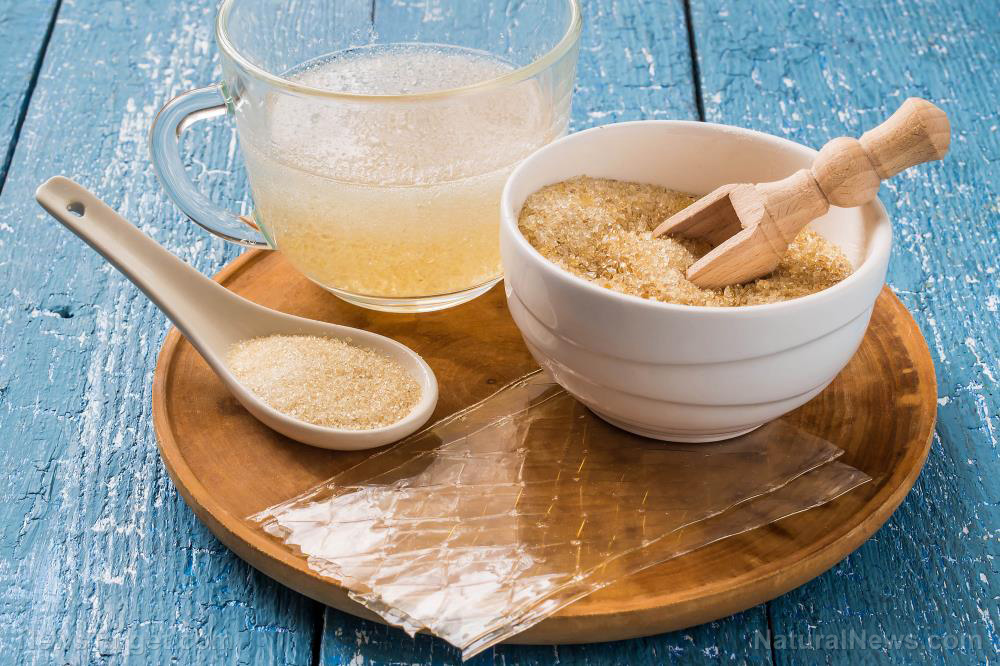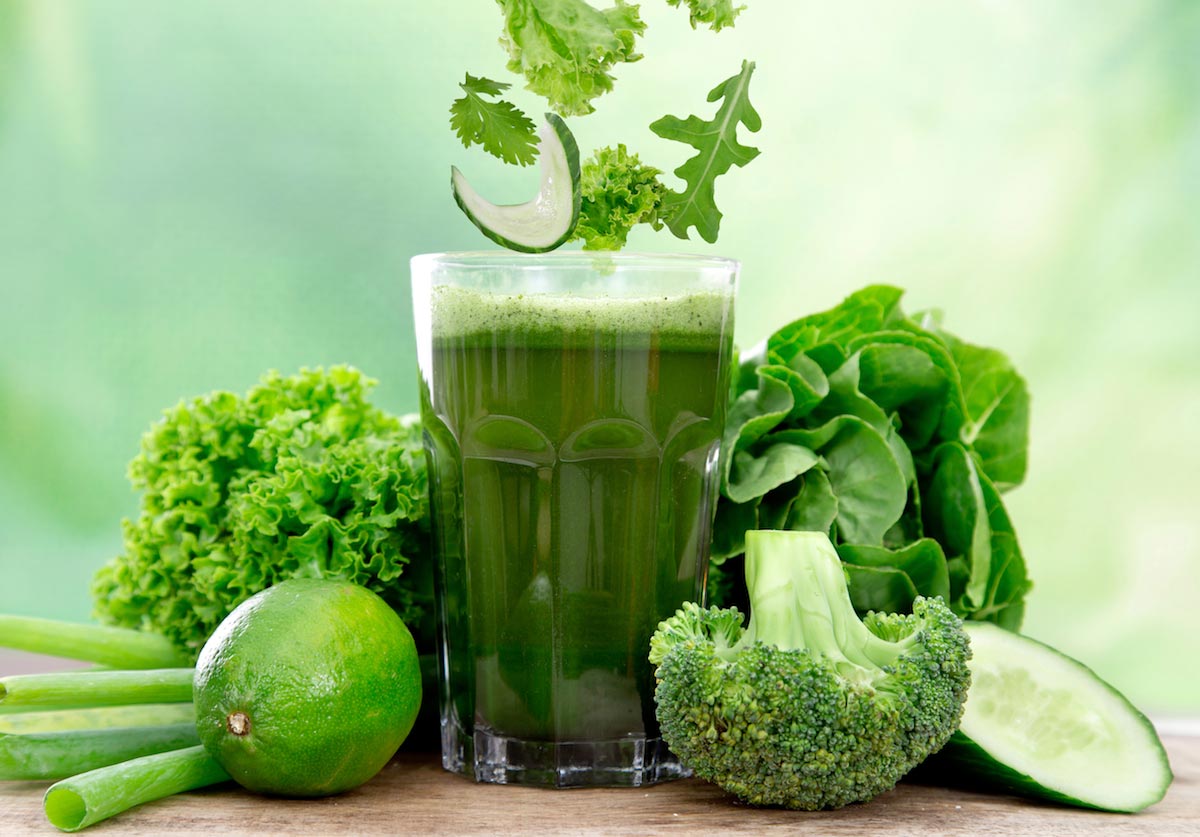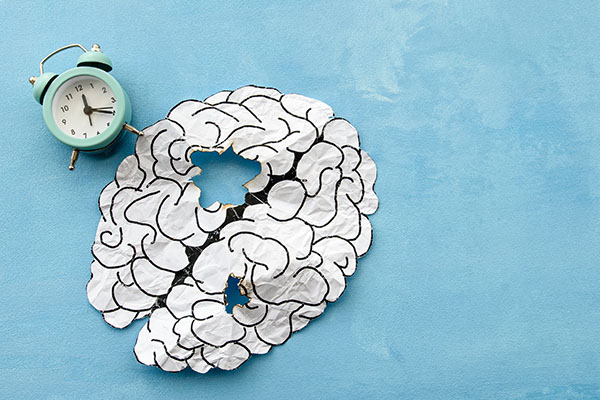Collagen peptides, vitamin D and calcium could be the missing link in preventing fractures as we age
09/18/2025 / By Lance D Johnson

As we age, our bones whisper warnings we often ignore — until a sudden fracture shatters the illusion of invincibility. Bone health isn’t just about calcium and vitamin D; it’s about the scaffolding that holds everything together: collagen. A groundbreaking meta-analysis reveals that collagen peptides, especially when paired with vitamin D and calcium, may be the unsung hero in preserving bone density, reducing fracture risk, and even enhancing muscle strength. The findings suggest that what we’ve been told about bone health is incomplete — and that a simple addition to our daily routine could make the difference between brittle bones and lifelong resilience.
Key points:
- Collagen peptides significantly improve bone mineral density in the spine and hip, though results vary by study.
- Bone turnover markers — indicators of healthy bone remodeling — show consistent improvement with collagen supplementation.
- Collagen enhances muscle performance, reducing fall risk, a major factor in fractures among older adults.
- The combination of collagen, vitamin D, and calcium creates a synergistic effect, amplifying benefits beyond any single nutrient.
- Practical steps to integrate these nutrients include high-quality collagen supplements, vitamin D3, and calcium-rich foods or supplements.
The hidden architecture of bone
Most people think of bones as rigid, unchanging structures — like the frame of a house. But bones are dynamic, living tissues constantly being broken down and rebuilt. By our mid-30s, bone loss begins outpacing bone formation, accelerating after menopause in women. Traditional advice has centered on calcium and vitamin D, but collagen — the protein that makes up 90 percent of bone’s organic matrix — has been overlooked. Without this flexible framework, minerals like calcium can’t properly adhere, leading to weaker, more brittle bones.
The meta-analysis, pooling data from multiple randomized trials, found that collagen peptides improved bone mineral density (BMD) in critical areas like the spine and femoral neck. Some studies showed modest gains, while others revealed dramatic improvements, with standardized mean differences exceeding 1.7. The variability suggests factors like dosage, duration, and individual health status play a role, but the trend is undeniable: collagen supports stronger bones.
Beyond bones: Muscle, balance, and the fracture domino effect
Fractures aren’t just about bone density; they’re also about falls. Weak muscles and poor balance turn minor stumbles into life-altering injuries. Remarkably, collagen supplementation also improved muscle performance, with an SMD of 0.60 — a moderate but meaningful boost. This dual action — strengthening both bones and muscles — makes collagen a uniquely powerful tool in fracture prevention.
The synergy with vitamin D and calcium is equally compelling. Vitamin D enhances calcium absorption, while calcium provides the raw material for bone mineralization. Add collagen to the mix, and the body gains not just the minerals but the structure to use them effectively. The meta-analysis found that this trio produced steady, reliable improvements across all markers of bone and muscle health. One of the most bio-available sources of calcium is red algae. A red algae supplement, paired with vitamin D and collagen powder could be added to one’s weekly routine for bone structural benefits into old age.
How to harness these benefits
While calcium and vitamin D are accessible through diet and supplements, collagen peptides are trickier. They’re scarce in modern diets, making supplementation key. Experts recommend at least 15 grams of high-quality collagen peptides daily, ideally paired with vitamin D3 (2,000–5,000 IU) and calcium (1,000–1,200 mg). For those wary of pills, collagen powders can be stirred into coffee, smoothies or soups — a small step with potentially life-changing returns. Better yet, collagen powders can be mixed in with amino rich protein powder, curcumin-rich turmeric, and other nutrient-dense, powdered herbs that benefit the organ systems like nettles, black walnut hull, and hawthorn berry.
Bone health isn’t just about avoiding fractures; it’s about preserving mobility, independence, and quality of life. As science uncovers collagen’s role, it’s clear that the old paradigm of bone care is due for an upgrade.
Sources include:
Submit a correction >>
Tagged Under:
#nutrition, aging, bone density, bone health, bone remodeling, calcium, collagen peptides, fall prevention, fracture risk, geriatrics, healthy aging, longevity, mobility, muscle strength, osteoporosis prevention, supplements, synergistic nutrients, vitamin D, wellness
This article may contain statements that reflect the opinion of the author





















